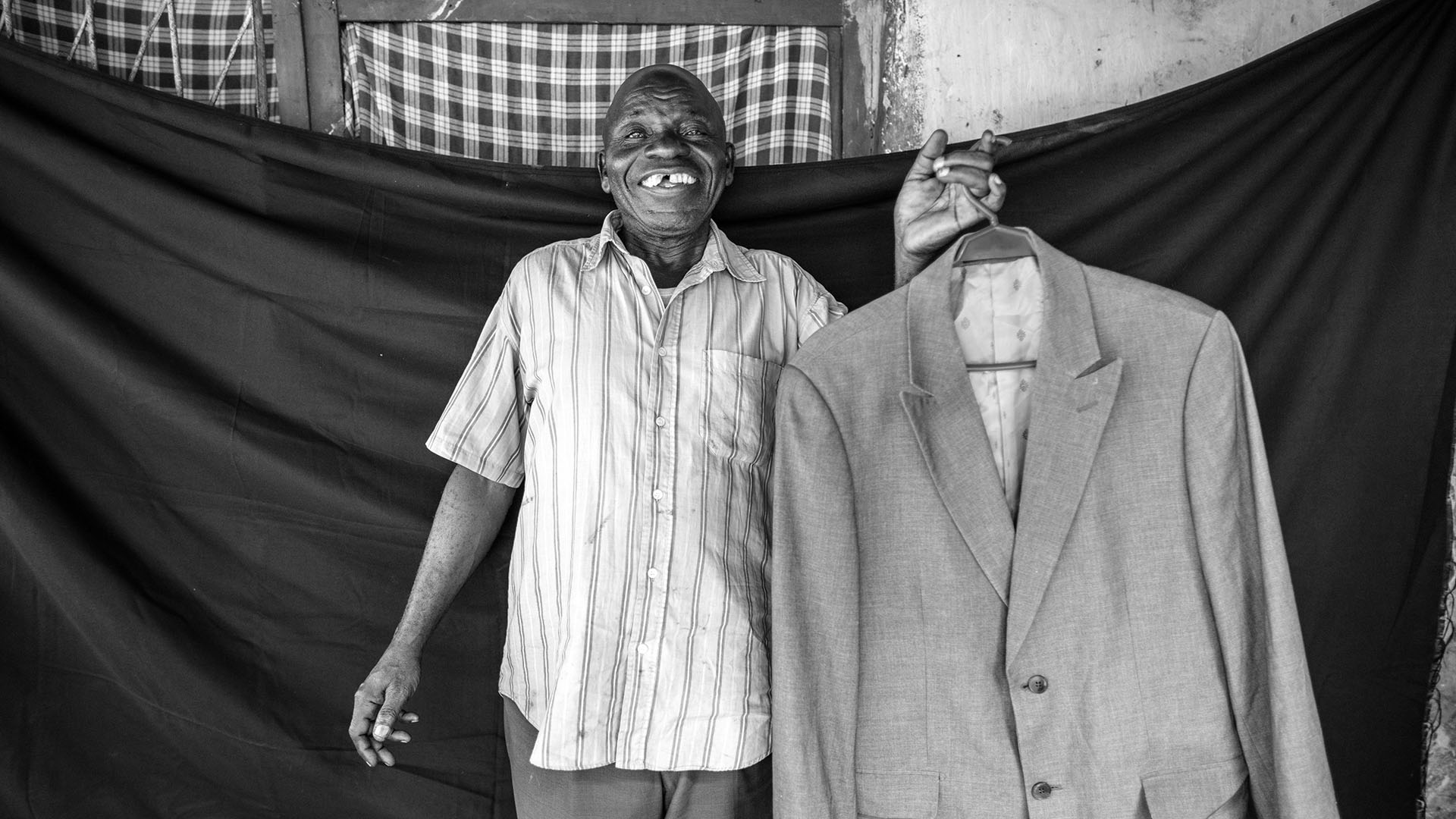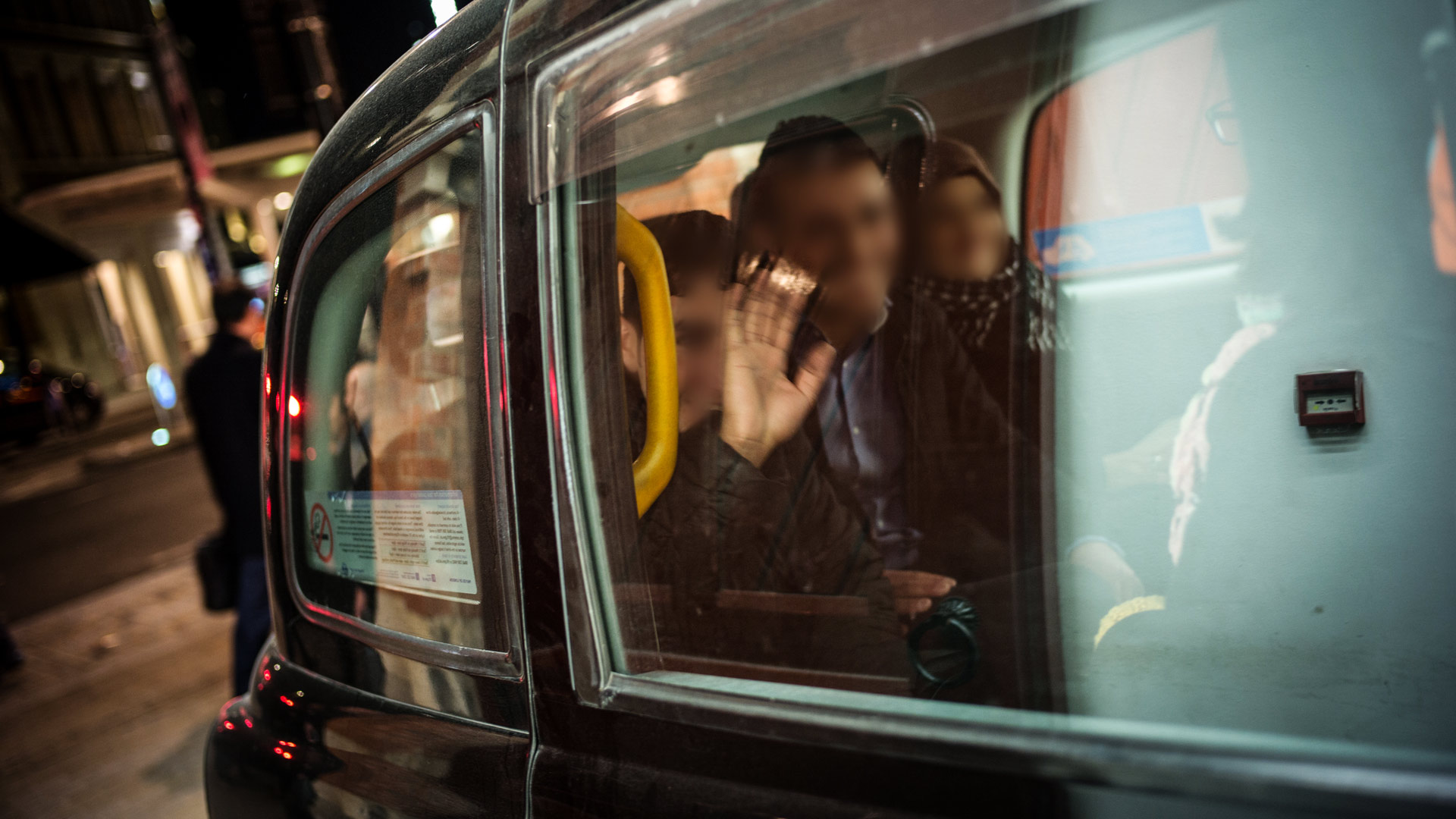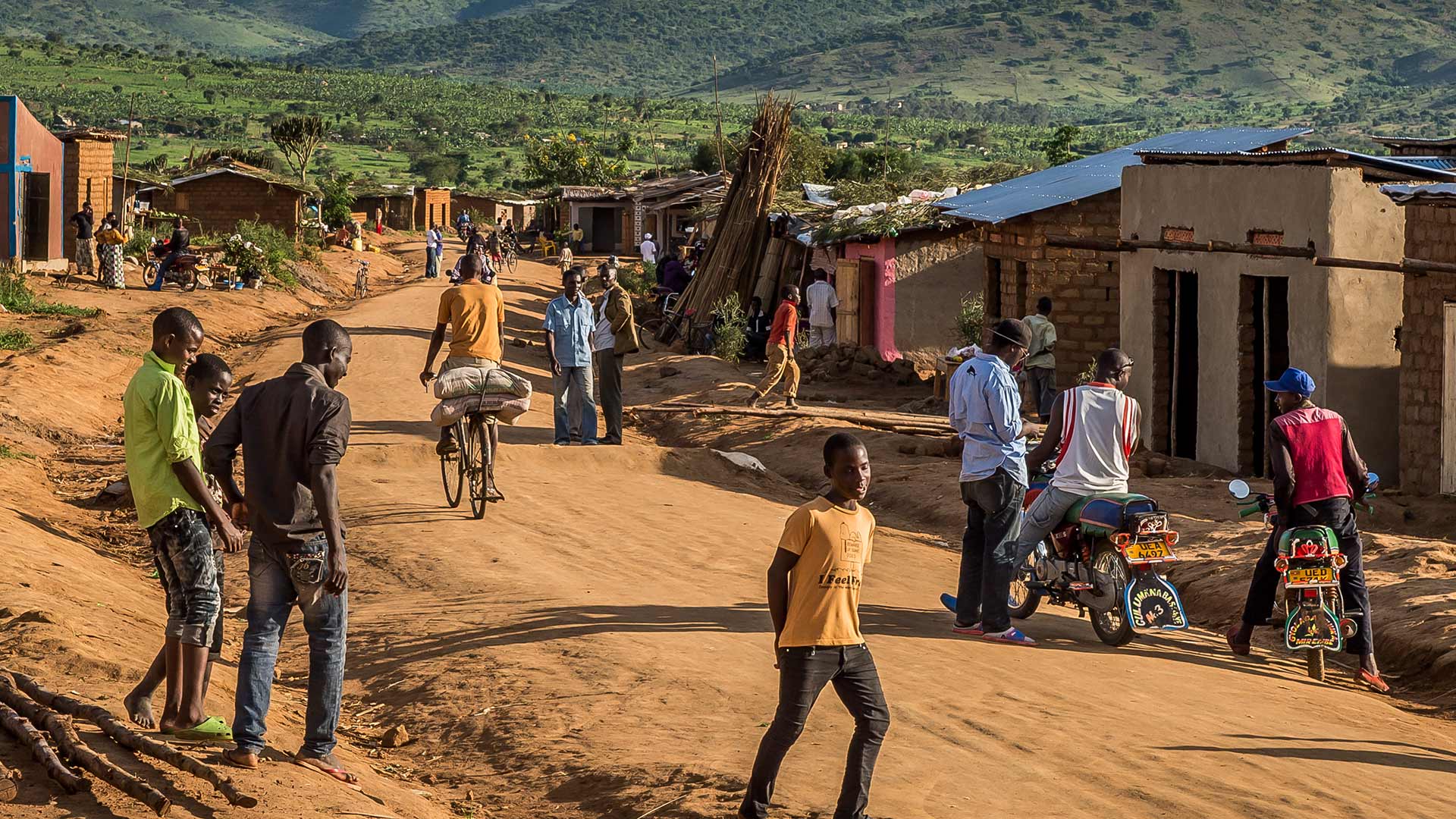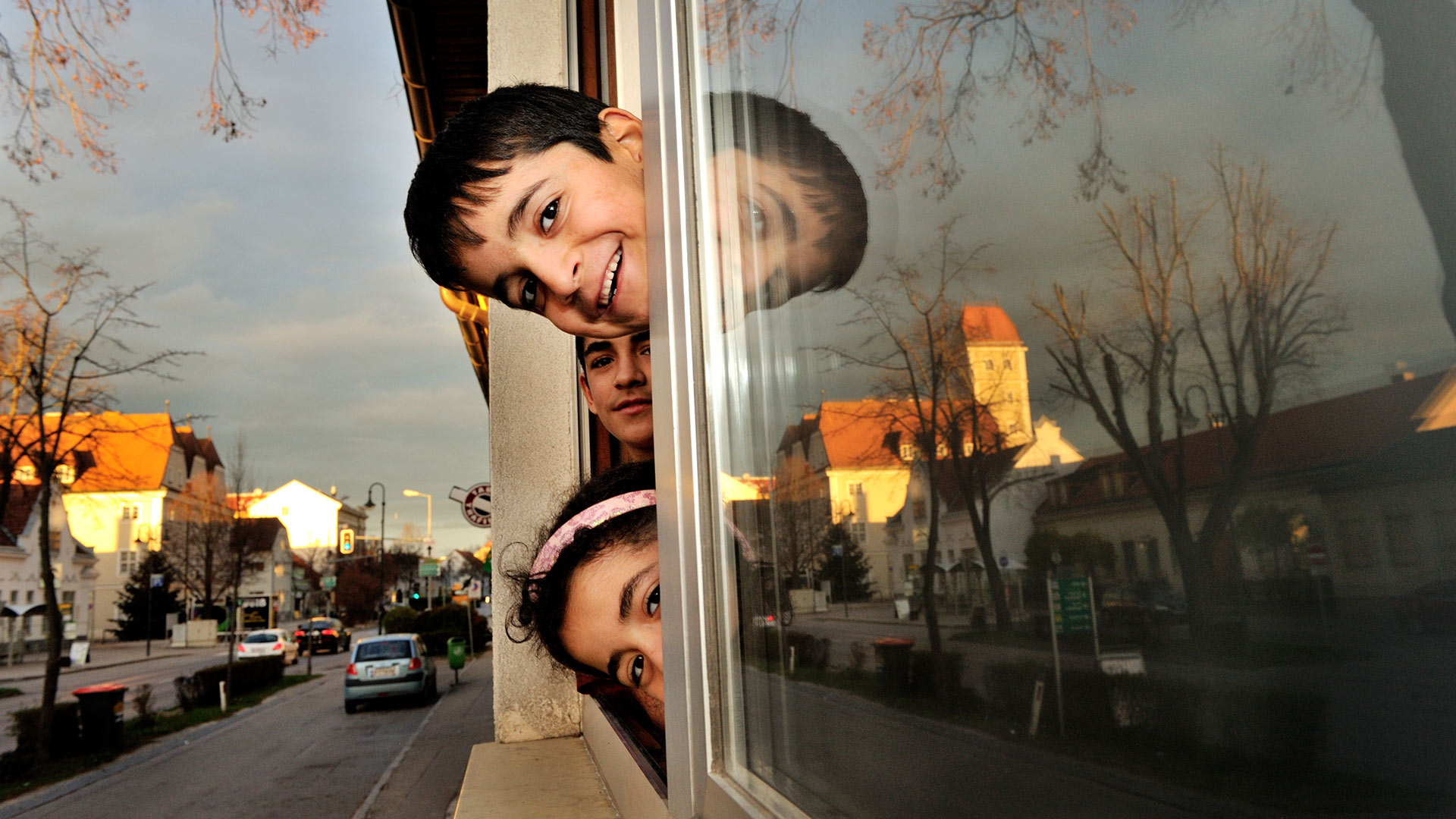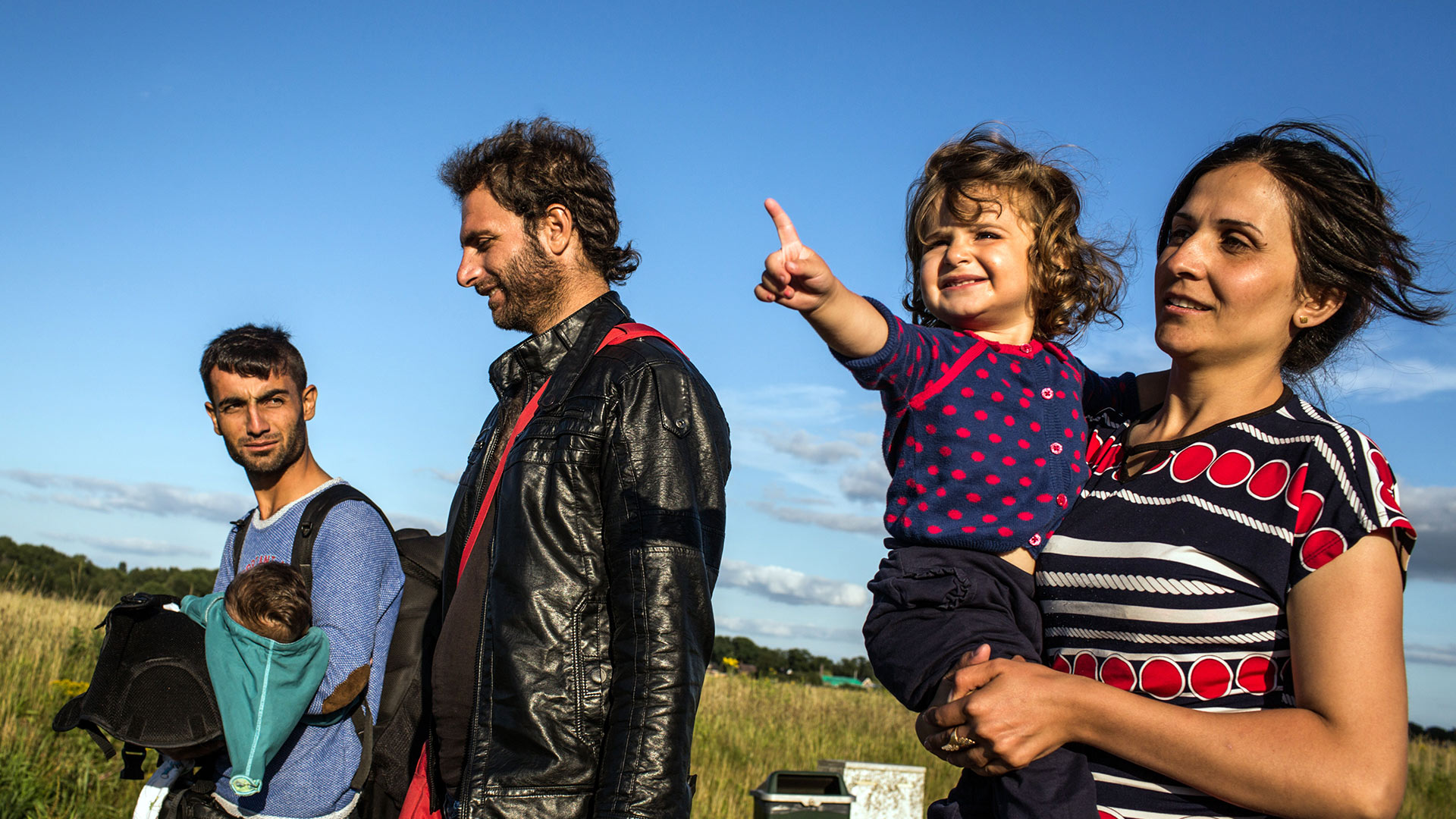Minority families in Pakistan displaced by war but optimistic about peace
Minority families in Pakistan displaced by war but optimistic about peace
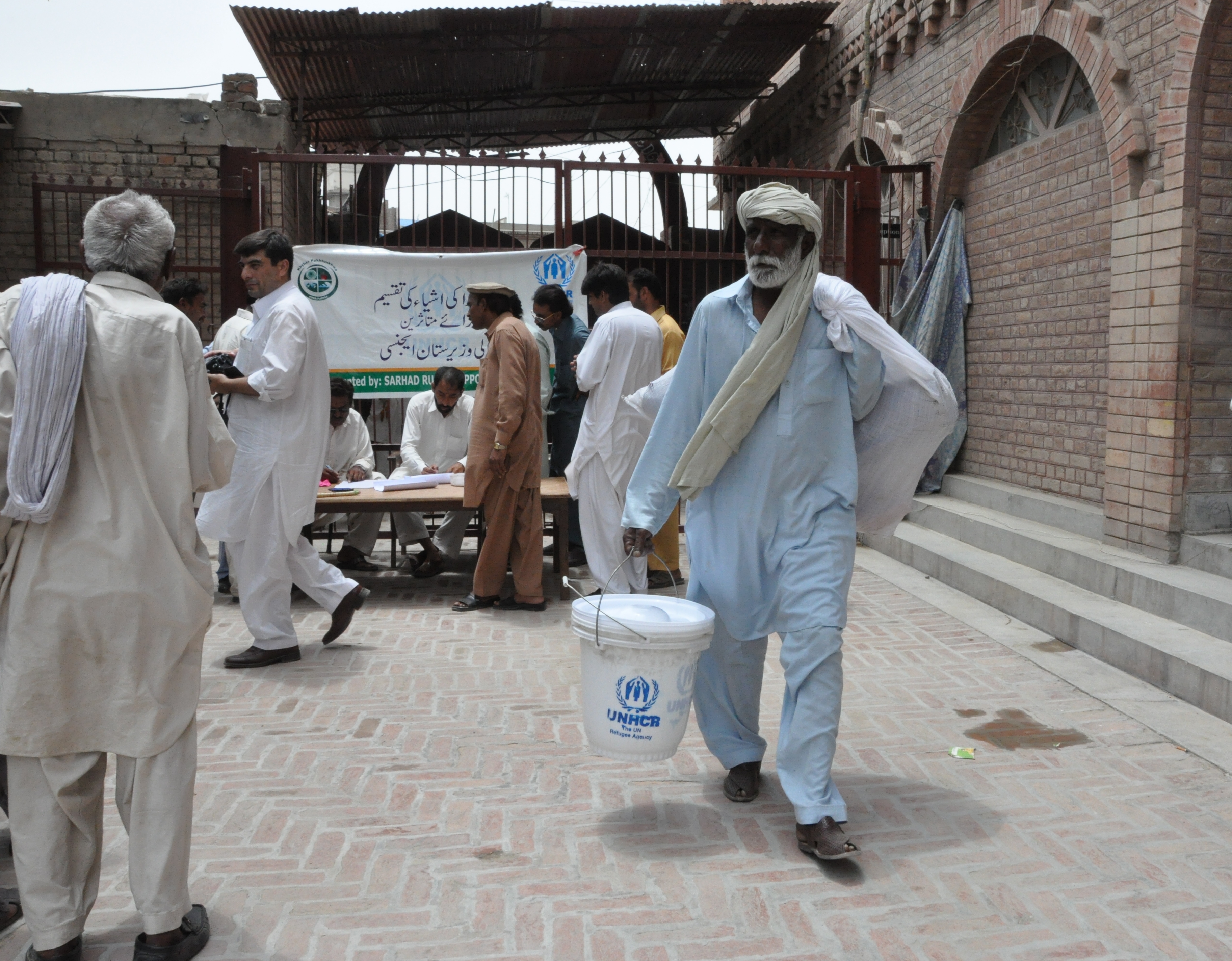
BANNU, 7 July (UNHCR) - Firdos, a 55-year-old member of the small Christian community, suffered the same fate as hundreds and thousands of families who have fled their homes due to the military operation against the Taliban in Pakistan's North Waziristan Agency (NWA). "We left Miranshah barefoot in the boiling summer heat, and after traveling for two nights, we reached Bannu," said the white-bearded Firdos, adding that his family had only the clothes on their backs. Some 200 Christian and Hindu families from NWA have taken refuge in schools where the government and UN agencies are providing them with emergency relief assistance.
A retired Irrigation Department employee, Firdos misses his small house. "We are not comfortable being away from our loved homes. But we did not have any other option but to leave," he said.
He, along with other members of his community, was patiently waiting in a long queue to collect UNHCR's core relief items at a school in Bannu, a city where some 80 percent of the displaced families from NWA are currently struggling to survive.
Following a formal request from the government on 23 June 2014, the UN system, including UNHCR and other humanitarian partners, started supporting the response of the Pakistani authorities to this massive new internal displacement. UNHCR's contributions include protection activities - the key being registration of the displaced to identify the vulnerable needing urgent assistance.
"So far UNHCR has distributed some 10,574 family kits of core relief items that include jerry cans, buckets, mosquito nets, mats, blankets, kitchen sets, plastic sheets, sanitary cloths and soap," said Mata-ul Hussain Changaiz, UNHCR's Assistant Field Officer. He said other UN agencies and NGOs are also providing food, health care, water and sanitation, as well as contributing to meet other basic needs. According to the latest government figures, some 786,107 individuals in 62,251 families have fled the fresh military operation against the Taliban in Pakistan's North Waziristan region. Seventy-five percent are women and children.
Most of the families have sought refuge in parts of Bannu, a town in the northwest of the country. Many others are with host communities in Lakki Marwat, Dera Ismail Khan and Tank in the Khyber Pakhtunkhwa province. Some have traveled even further within the country, and some have also crossed into Afghanistan.
Those displaced are struggling to cope amid scorching temperatures during the fasting month of Ramadan. Few want to live in the camp at Baka Khel in Bannu. Some are sheltering in 1,200 school buildings that were vacant during the summer vacation.
Firdos, wearing his traditional Waziristani turban, has a strong attachment to his native town Miranshah, and is optimistic peace will return. "We left our homes because our children got frightened, otherwise we would never think of leaving the village where we were born and raised," he said.
His grandfather migrated from Sialkot in Punjab and settled in NWA decades ago as the family has ties with the local population. He said a large number of Hindus and Christians live in areas of NWA in harmony with the local tribesmen.
Firdos witnessed deaths, thirst and wounded feet on his way to Bannu. It is hard for him to forget. "It was heart wrenching ... but I am sure we will see good days again because I love my Waziristan," he said in his Waziristan accented Pashto.
Qaiser Khan Afridi in Bannu, Pakistan

